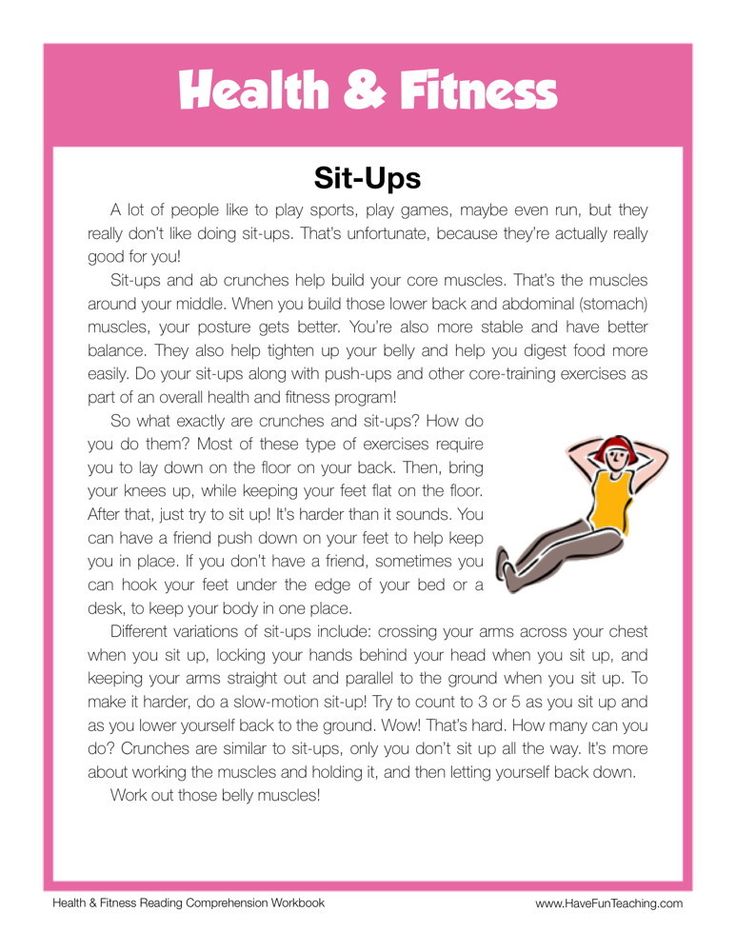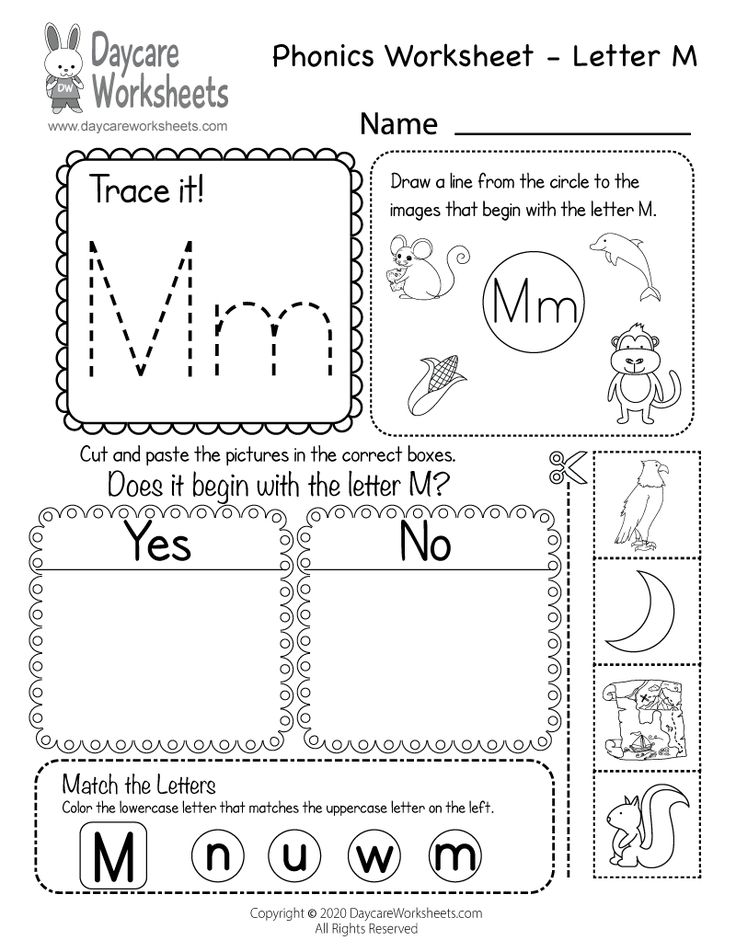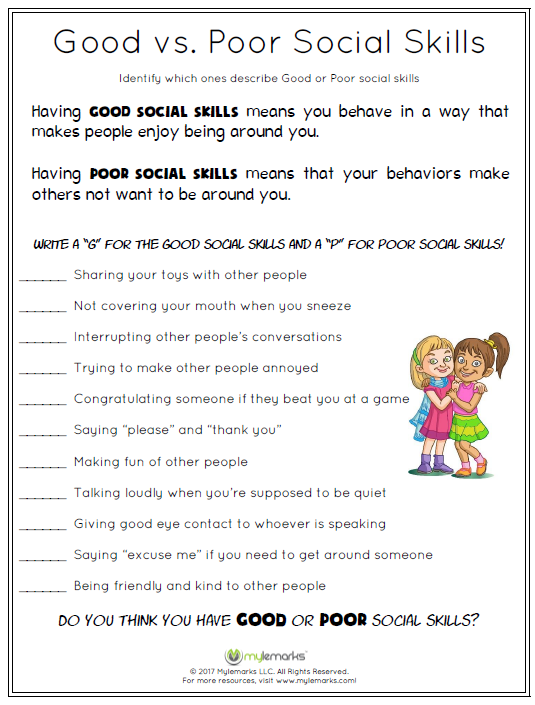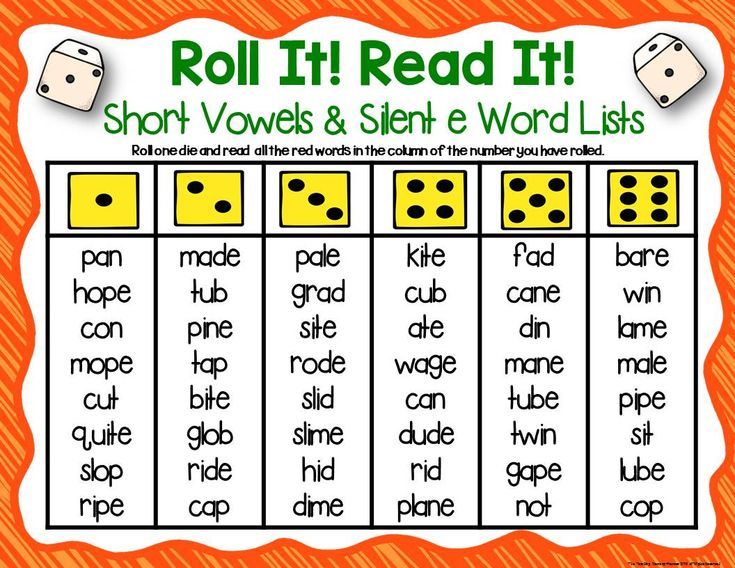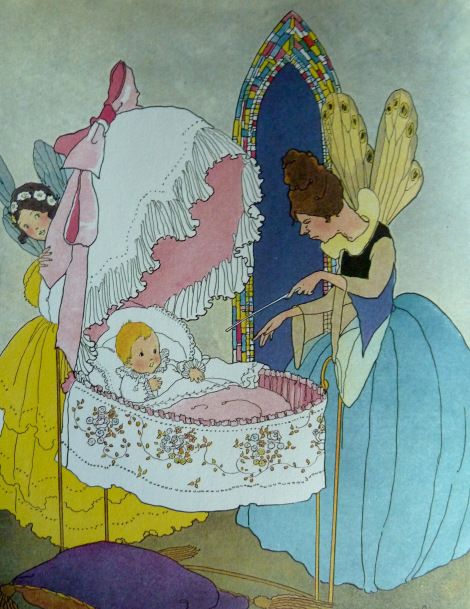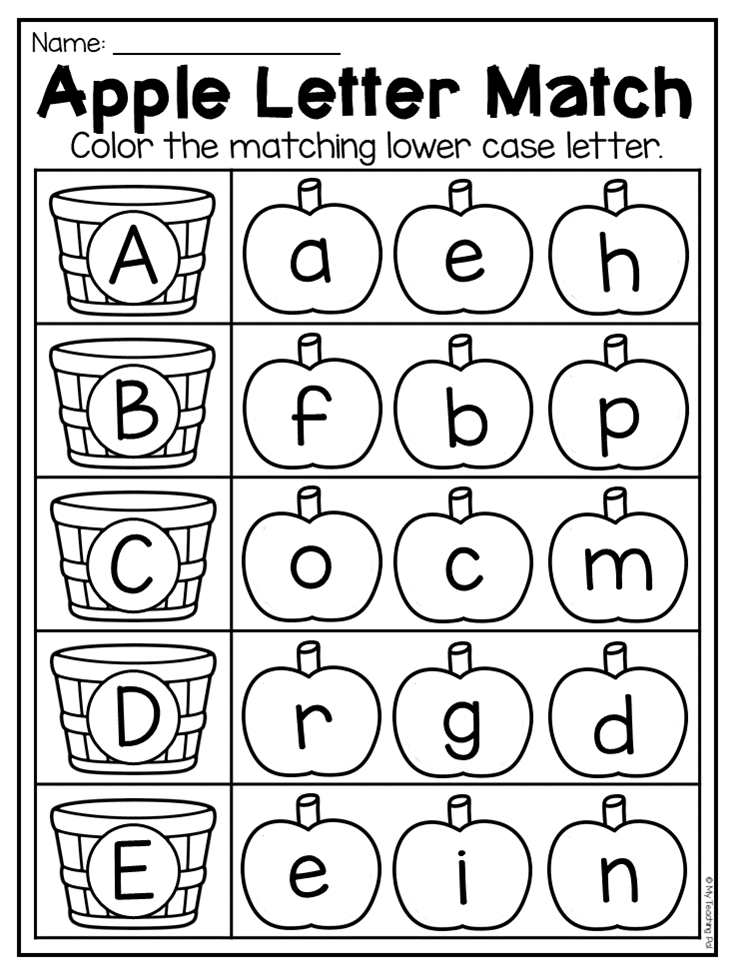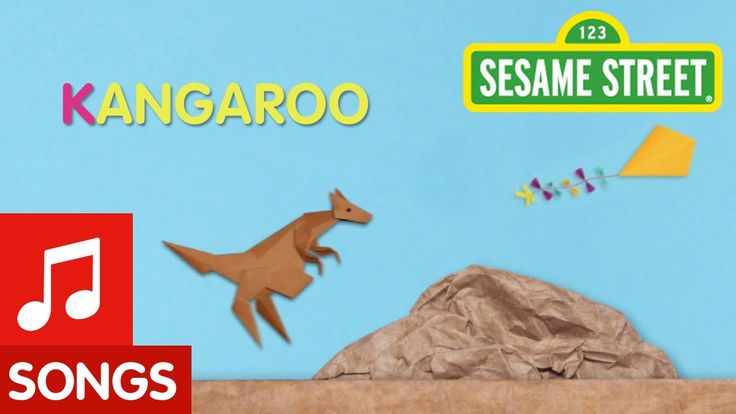Educational games spelling
HangMouse - Online Hangman Game
About this Game
Free Activity
The standards correlation for this activity is coming soon!
The standards correlation for this activity is coming soon!
HangMouse is a traditional hangman game that provides students with the opportunity to name each term by filling in letters one at a time.
Try HangMouse
with a sample word list!
- 2nd-3rdScience Words - Earth
- 3rd-5thMath Words
- 3rd-5thHomophones
- 6th-8thScience words
Note: Although this activity is designed for the grade levels above, it can also be used as a remediation or enrichment activity at any grade level with an appropriate word list.
Create your own word lists and more with Premium Membership
Learn More
- Foundational Skills
- Spelling
What?Although many people are now dependent on spell check, spelling remains a foundational skill that needs to be explicitly taught and independently practiced. Hangmouse, our online hangman game, is a perfect tool for practicing spelling without relying on spell check. More...Less
Spelling helps with reading and language proficiency, as the connection between letters and sounds is explored and students begin to decode words. In addition, spelling is a necessary skill in writing as students become more proficient with encoding words. This skill does not stop when students move on from elementary school.
When? Spelling instruction is a key component of the English Language Arts block. More...Less
It is a foundational skill that should be explicitly taught and practiced. Students in the primary grades study spelling in word patterns and word families and find patterns or chunks that they know. Throughout upper elementary and middle school grades, students are exposed to more difficult spelling patterns. Assigning hangman for kids is a great way to teach students how to recognize and anticipate certain groups of letters that commonly appear together in spelling.
How to teach: Teachers tend to assign weekly spelling words and vocabulary terms to the whole class and assess at the end of the week. More...Less
HangMouse can be an alternative to the typical paper and pencil homework. The engaging, interactive game can also be used in the classroom during literacy centers. VocabularySpellingCity makes it very easy for teachers to differentiate the words that students need to learn to spell.
Play to learn: HangMouse is a variation on the traditional online Hangman game. More...Less
Students have the opportunity to name a letter to spell the spelling or vocabulary word. The game will display the word’s definition or a sentence with a blank on the bottom of the page and students will have seven attempts to guess the correct letters. Students receive immediate feedback when an incorrect letter is chosen, as the cat starts to wake up.
Teaching Tip: HangMouse provides audio features perfect for English Language Learners (ELLs). More...Less
More...Less
ELLs become familiar with the letters that make up the word, the sounds that those letters make, and the pronunciation of the word while playing. HangMouse also lends itself to all subject areas. Science, social studies, or math teachers alike can use this interactive game to review key concepts, as the kids hangman game displays the words’ definitions and shows how they are used in context.
See all activities!
Aim 2 Spell
About this Game
Premium Activity
The standards correlation for this activity is coming soon!
The standards correlation for this activity is coming soon!
In Aim 2 Spell
, students select one letter at a time to correctly spell each word from their list.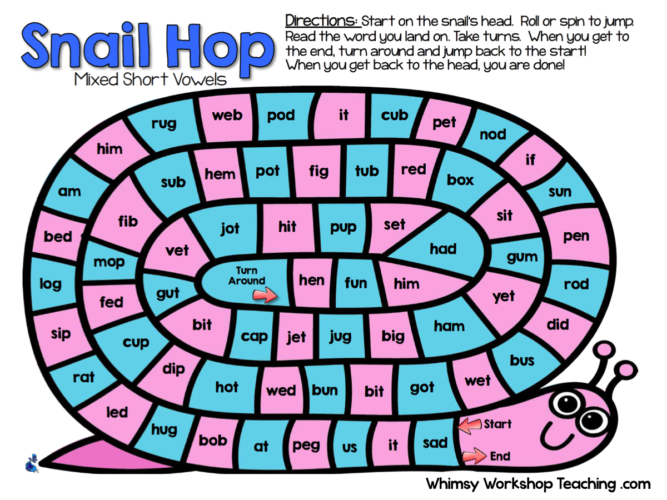
Try Aim 2 Spell
with a sample word list!
- K-2ndMath Vocabulary
- 3rd-5th"kn-" words
- 3rd-5thHomophones
- 6th-8thScience Words
Note: Although this activity is designed for the grade levels above, it can also be used as a remediation or enrichment activity at any grade level with an appropriate word list.
Create your own word lists and more with Premium Membership
Learn More
- Foundational Skills
- Spelling
- Phonics
What? The goal of spelling and phonics instruction is for students to learn to spell words accurately and with automaticity, because this helps students decode and encode words fluently. Spelling instruction and practice are critical to building foundational literacy skills and helping achieve the end goal of comprehension.
When? Spelling is introduced as soon as students enter kindergarten and learn about the alphabet and letter/sound correspondence. More...Less
Spelling follows a progression starting with basic spelling patterns, like CVC (consonant-vowel-consonant) words, as well as words that do not follow phonetic patterns, like sight words. Throughout elementary school, students study increasingly complex phonetic patterns in order to achieve spelling mastery.
How to teach: Spelling practice doesn’t have to be boring! To make it fun, students can independently practice spelling using the interactive learning activity Aim 2 Spell. Teachers can assign this game during literacy centers or for spelling homework.
Play to learn: In Aim 2 Spell, students will select one letter at a time to correctly spell each word from their list. More...Less
Students can compete with their classmates to see who is the fastest speller.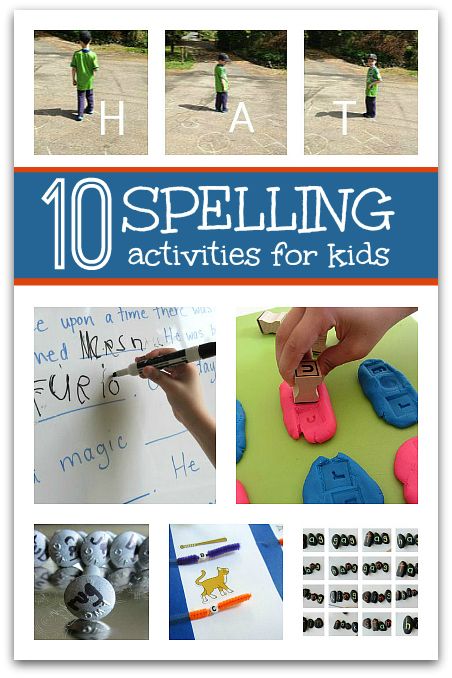 The word is read to them along with a contextually-rich sentence to reinforce vocabulary. Students can have the word or the sentence repeated, if needed.
The word is read to them along with a contextually-rich sentence to reinforce vocabulary. Students can have the word or the sentence repeated, if needed.
Teaching Tip: The audio component of Aim 2 Spell is perfect for English Language Learners (ELLs). More...Less
As students aim at the letters to spell the words, they will hear the word and sentence read aloud. Teachers can use this game to build some healthy competition in the class, with high scores based on accuracy and automaticity. Students can have differentiated spelling lists while competing with others so that the list fits their learning level, and is neither too easy nor too challenging.
See all activities!
Russian without load
Description
Russian without load - Russian language games for grades 1 and 2
There are 12 games and exercises on the flash drive that will help:
- shu,
- separate writing of prepositions with words,
- spelling of unpronounceable and paired consonants,
- word wrap,
- alphabetization of words,
- designation of softness of a consonant with a soft sign,
- highlighting the main parts of speech,
- cognates and other topics.
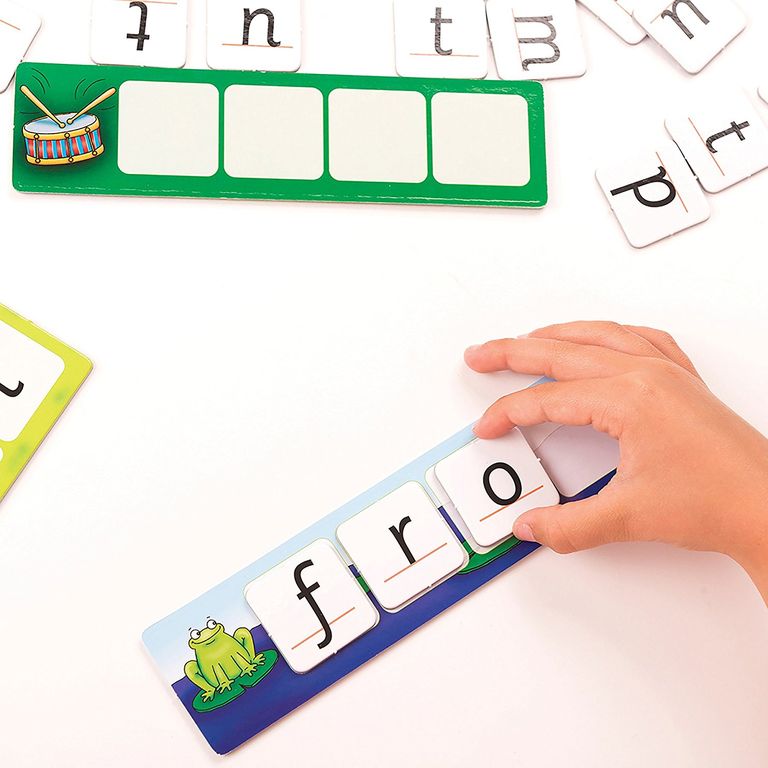
Description of the Russian language game set for grades 1 and 2
Technical requirements
- Computer running Windows 8, Windows 10 or higher
- USB port
- Monitor with at least 1280 x 1024 resolution
- Keyboard, mouse or touchpad
List of games for recruitment in Russian for grades 1 and 2:
Books in a row
A game to practice sorting objects in alphabetical order.
In the Amazon jungle
A game to fix the spelling of proper and common nouns.
At the depot
The game trains the skill of separate writing of words in a sentence.
Transfer case
Game for the ability to correctly transfer words from line to line.
Spy passions
A game of sound-letter analysis, the ability to correlate a word with its color (sound) scheme.
Is it the same address?
A spelling game for combinations of zhi-shi, cha-cha, chu-shu.![]()
Sweet home
There are hard and soft sounds in words. Funny characters - Caramel Joe and Marshmallow Melania - will help to distinguish them from each other. Tasty and healthy.
Chipsiki
The ability to select single-root words, check the unstressed vowel in the root of a word is the key to excellent literacy of each student. A fun game of root selection in an interactive vegetable garden will teach you to understand the roots and cook delicious chips.
Smart crow
The game develops the skill of reading and writing words with unpronounceable consonants at the root of the word.
Tit twirling
Spelling game -tsya, -tsya and -tsa
At the bottom of the sea
Game to distinguish the basic parts of speech
Lyubasha + Vanyusha
A game to indicate the softness of a consonant at the end of nouns with the help of ь.
Printables
This set includes 24 printable activities inspired by games: spelling words, proper nouns, word wrapping, learning the alphabet and more.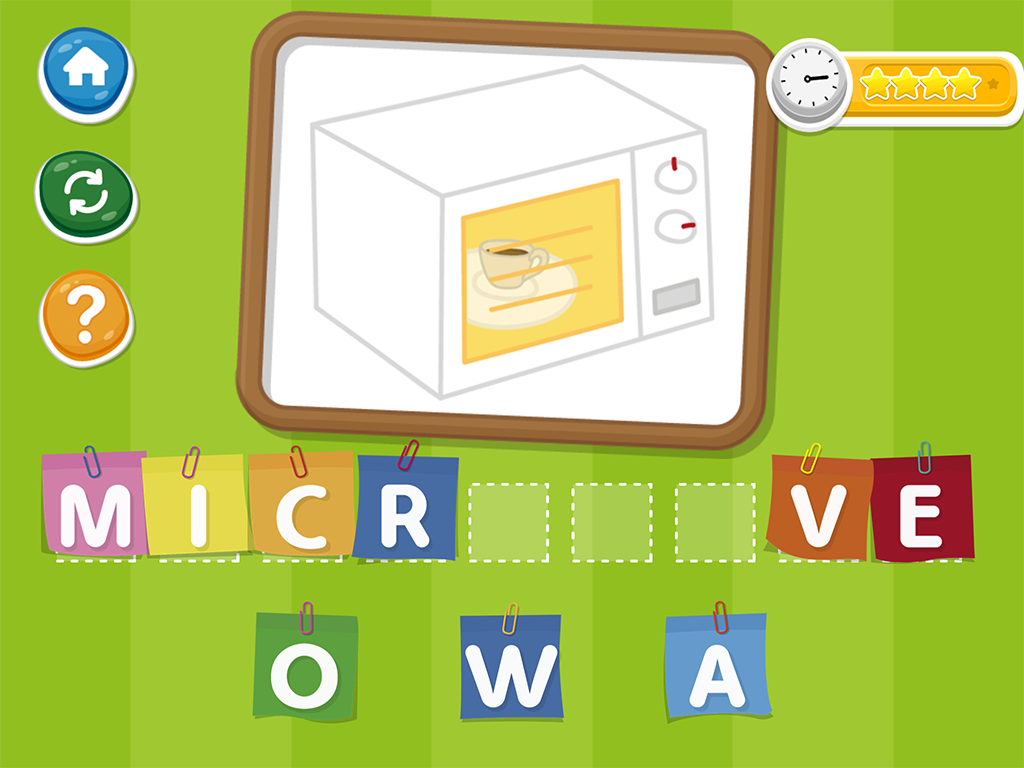
Features
| Weight | 0.1 kg. |
| Dimensions | 7 × 5 × 2 cm. |
| Electronic media | USB |
| Production | Russia |
| Warranty | 12 months |
8 words about games that make mistakes too often
While schoolchildren have a well-deserved vacation, and their parents have a long weekend, we decided to make an entertaining “Literacy on the Chalk” dedicated to games! There are board games, musical instruments, and, of course, sports.
Correct: darts
Darts is a familiar game with darts. You need to hit the bull's-eye: throw "mini-javelins" as close as possible to the center of the round target. It is not difficult to guess that the word is borrowed (from English darts). It was invented back in the 18th century by English archers who practiced shooting at beer kegs. The spelling in Russian is identical to the original, and another word is perfectly inclined: darts competitions, play darts, get involved in darts.
The spelling in Russian is identical to the original, and another word is perfectly inclined: darts competitions, play darts, get involved in darts.
Correct: badminton
Another fun (mainly summer) for outdoor enthusiasts is playing with rackets and shuttlecocks, which people who are very far from sports can confuse with tennis. Seriously, there are. Those who are guided by writing "by ear" are likely to fall into a trap, or rather, make mistakes. "Badminton" is a borrowed word from the English language (from badminton), although India is considered the birthplace of the game. The spelling is easy to remember. It seems difficult to confuse with stress, but nevertheless we recall: it falls on the last syllable (letter "O").
Correct: arm wrestling
Wrestling is not easy, even if it is "manual". That is why there is an increased number of consonants in the word "arm wrestling", which many inattentively (or unknowingly) miss. If you are friendly with the English language, then it will not be difficult to remember the correct spelling.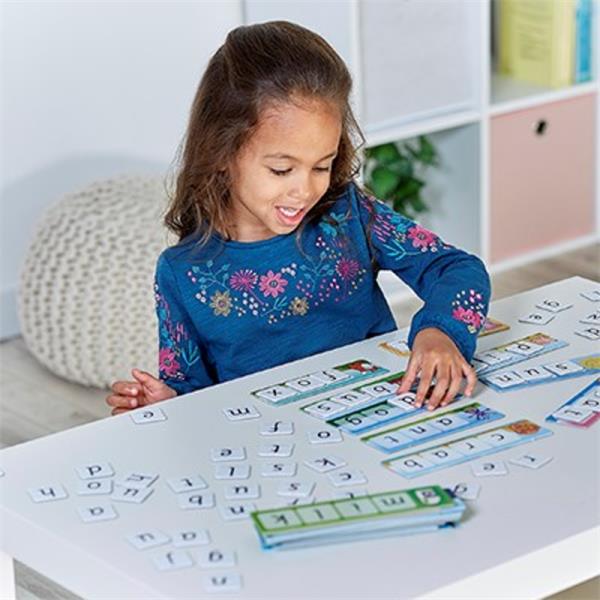 The word, as usual, is borrowed from the English language: from armwrestling, where arm is a hand and wrestling is wrestling.
The word, as usual, is borrowed from the English language: from armwrestling, where arm is a hand and wrestling is wrestling.
Correct: billiards
The case when the word, perhaps, does not need to be introduced, but nevertheless its spelling often raises questions. For example, in the same explanatory dictionary of Ushakov, two options “billiards” and “billiards” are still indicated, while Dahl can even find “billiards”. The fact is that initially the dictionary fixation of the word in Russian was "billiard" - according to transliteration from French.
The word originated in France (from billard, where bille is a billiard ball), and appeared in Russian in the times of Peter the Great with a double meaning. Firstly, this is a game where balls on a special table are driven into pockets with a cue, and secondly, the table itself, with sides and pockets (a bag under the pocket holes where you need to hit the ball). The first dictionary fixation was "billiard" - according to the transliteration from French.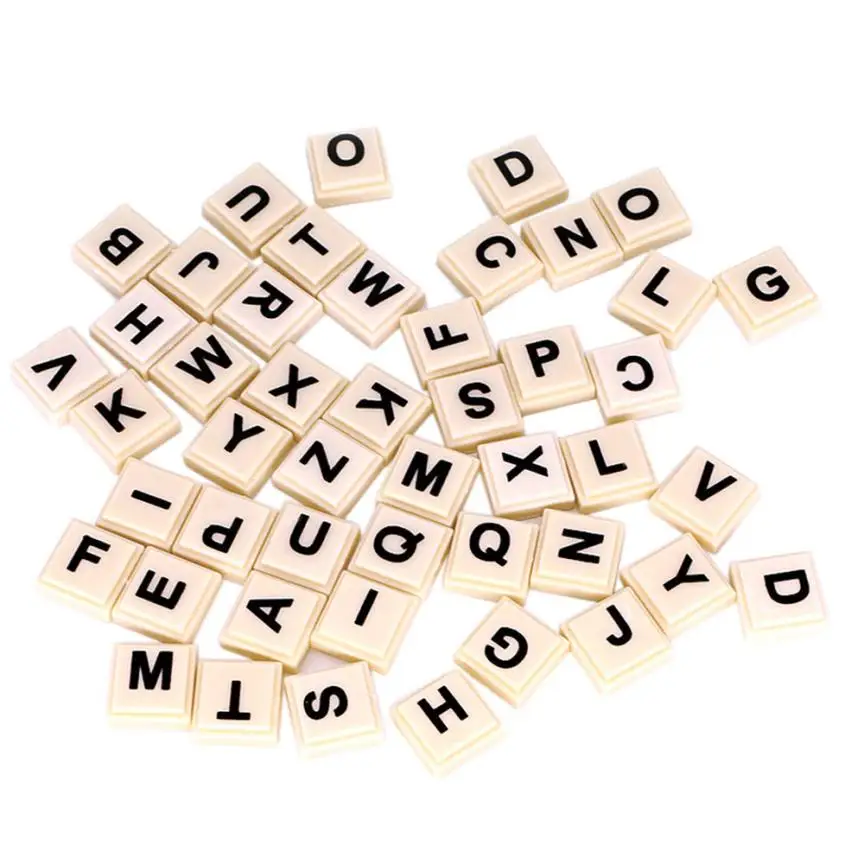 And the modern spelling norm with a soft sign between "l" and "I" originates from 1885 - it was then that "billiards" became "billiards".
And the modern spelling norm with a soft sign between "l" and "I" originates from 1885 - it was then that "billiards" became "billiards".
Correct: doubling the consonant in borrowed words
There is a lot of controversy over the phrase "playing pool" or "playing ON pool". Every avid billiards fan seems to be used to speaking in his own way. It is correct to say "play billiards" or "a game of billiards", because they still play games, even if you have seen examples with the preposition "on billiards" in Pushkin or Chekhov. The classics, of course, are immortal, but some designs are obviously outdated.
Correct: piano
Correct: piano
We doubt which question is more urgent: “how do you spell piano” or “piano” or “what is the difference between a piano and, for example, a piano?”. Let's start from the end: "piano" in general is no different. This is the general name for a class of musical instruments that includes both the piano and grand piano.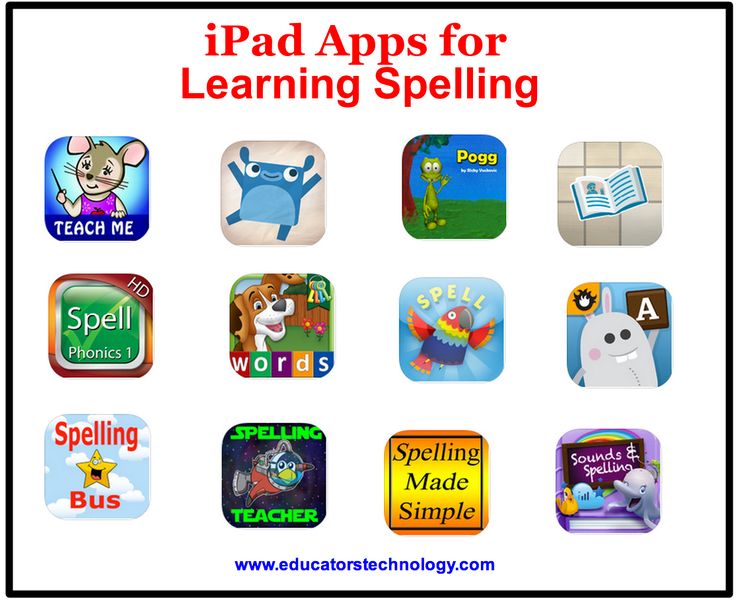 And now to the second question: you can write this way and that way. Although the option through the letter "A" in the letter is preferable. "Piano" is of Italian origin, from "fortepiano", which literally translates as forte - "loud" and piano - "quiet". In addition, the word of the middle gender, does not decline and is pronounced firmly - “for [te] piano”.
And now to the second question: you can write this way and that way. Although the option through the letter "A" in the letter is preferable. "Piano" is of Italian origin, from "fortepiano", which literally translates as forte - "loud" and piano - "quiet". In addition, the word of the middle gender, does not decline and is pronounced firmly - “for [te] piano”.
Correct: accordion
We couldn't pass by another popular musical instrument: the accordion, which can be difficult to distinguish from the button accordion and accordion. Only musicians will understand the intricacies, and we will only say that they differ in the type of keyboard. The "accordion", for example, has a piano-type keyboard. The name came to Russia from the French language (accordeon), and then, in turn, from the German Akkordion, where Akkord is a chord. It is important to note that the word is pronounced softly, through [e].
Correct: jigsaw puzzles
Perhaps the favorite for errors among puzzle board games is a harmless puzzle. Or as in Russia it is often called "mosaic". The confusion arises again because of the origin of the word. In the Russian language, when switching from the source language, one of the doubled consonants is quite often lost. Remember at least office - office or jazz - jazz. Puzzles came to us from the English puzzle, but in Russian the double "z" is atypical. There is only one correct option: to collect puzzles.
Correct: joystick
Again, if you are familiar with the English language, it will be easy to hear the etymology of the word: from English. joy - pleasure and stick - stick. True, many people call a gamepad a joystick, although the purpose of both is the same - to control the game on a computer or consoles. In fact, a joystick is a device with a fixed handle with buttons that is mounted vertically on a hinge that allows you to move it from side to side. And a gamepad is what we call a joystick in everyday life. In general, you can call it in different ways, the main thing is to write correctly, with "y" in the middle of the word.


